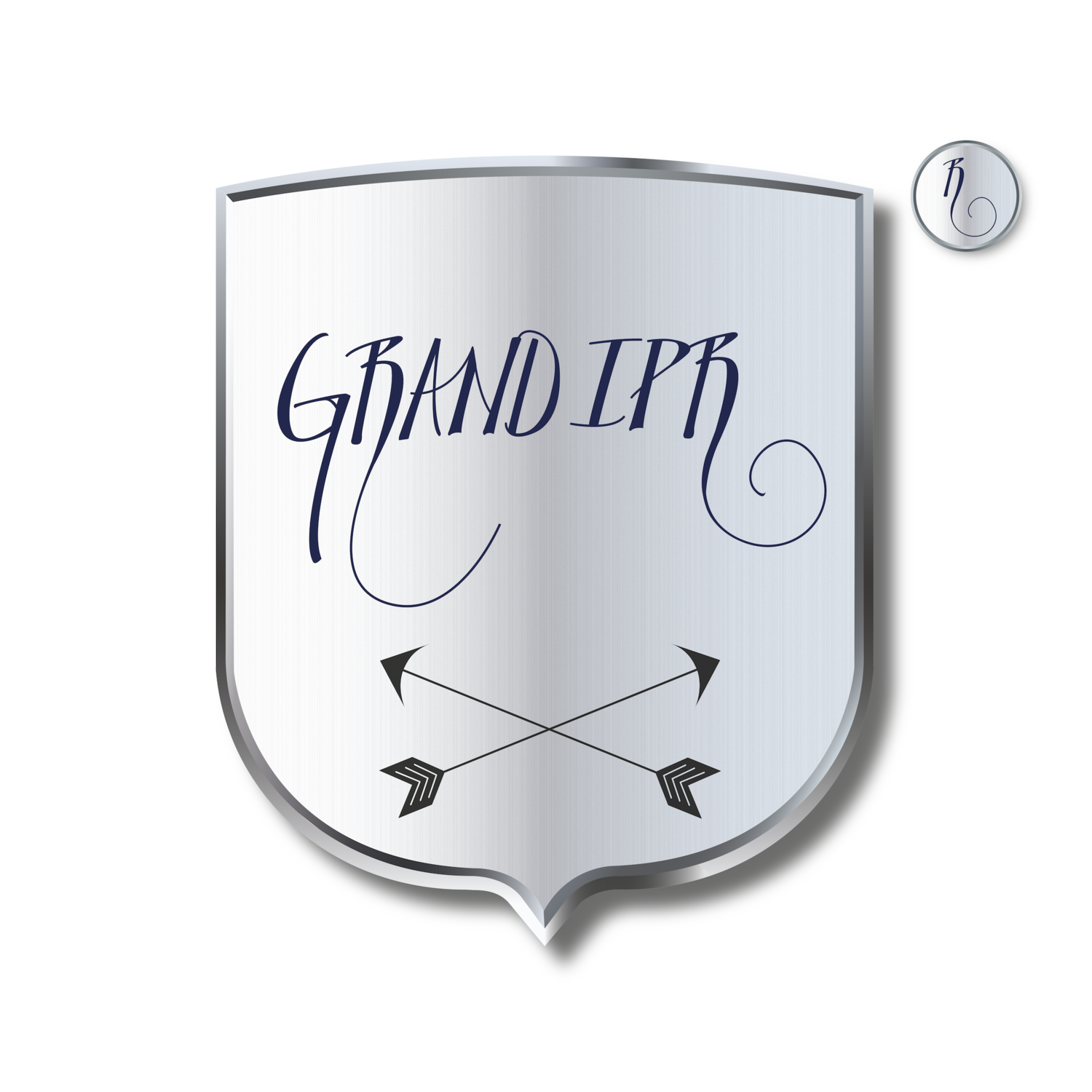What kind of thing is a trade mark really?
Trade marks are amongst the most valuable assets a company can be in possession of, and yet no-one is capable of determining how much a trademark really is worth or why.
We are surrounded by trade marks/brands. The clothes we wear, no matter what kind or where it came from, is part of a trade mark/brand, unless of course one makes ones own clothes by hand. Even so if one does that, one might consider trade marking the brand and in doing so begin earning money. A polo shirt by Ralph Lauren is worth more than a polo shirt by M&S (I use slightly different brand-names here for it to make more sense for my British audience) shoes from Chanel are more expensive than shoes from Clarks. And thus I may continue eternally.
The cars we drive are trade marks/brands too. The same goes for bicycles, I am Danish remember we use bicycles a lot, and not least the busses and trains that make up the public transport system. Then there are the slightly more alternative means of transportation such as roller skates, skateboards. The list of brands/trademarks is nearly unending.
The interesting thing is that arguments are bounced about regarding the actual value of a certain trade mark. Value estimating companies come up with answers that differ dramatically from one another. Often times the value of a trade mark is not even entered into the book keeping accounts for the company. Simply put because of the complexity and difficulty in the process of finding the value of the trade mark.
Some say that the success of a brand is due to its ability to inspire costumer loyalty. Some people will even declare that costumers/consumers are willing to die to have an Apple-product. Others have a more aloof or distanced attitude to the subject and will claim that the consumers are not aware of what kinds of brands are “out there”, implying in the vast world. There are even some people who claim that the value or rather significance of trademarks are decreasing.
How true that is, will be up to each individual to decide for them selves. I do not necessarily agree with that last statement. The decrease in value of trade marks in general that is.
A trade mark reputation can be built in different ways. One way is to promote the trade mark and do it massively. Another way is built it up from scratch and do it slowly and patiently. It is difficult to determine what method is best, since one way will possibly provide an economic bonus rather swiftly, and more so that the other. That being said, by the other, more patient and meticulous method, it might be possible to maintain loyal costumers and thus appeal to new costumers in order to be able to launch new initiatives/products.
It is stated that three parameters exist with which it is possible to establish the value of a brand. These are:
① the consumers awareness of a brand
② the qualities associated with a certain brand (Mercedes is the epitome of German engineering, easy jet is the epitome of cheap flight prices and less than good service)
③ last but not least loyalty
It is then debatable how important each element is.
Some brands are in a category unique to them selves. Including amongst others Apple. The many supporters of for instance Apple products, help maintain a certain price level and often are making allowances in cases where the products do not entirely live up to their expectations. The latter is very important. This is due to the emotional bond that guarantees a steady influx of funding into the account of the trademark owner/rights holder.
It can be argued that a trade mark is a kind of promise to the consumers of certain things. Champagne may inspire to a glamorous life or even a certain lifestyle. The same is true of some of the other luxurious brand-names such as Chanel, Burberry, Hermés og Mulberry to mention but a few of the hefty ones on the market.
One of the reasons that brands and their value is often unavailable in the accounts is often due to the fact that they form a part of the intellectual property and thus inherently are rather intangible.
For the same reason, it is, as mentioned above, unusually difficult to determine the value of trademarks. Intellectual property rights can also be linked to a particular character or to a place, which may cause a decrease in income or success, if this character is no longer part of the product/company behind the product. A rather lucid example of this, is that things went rather poorly for Apple in the period during which Steve Jobs was no longer part of the company, but was still alive. In fact he returned to the company, after some time away, after which the success again rose. Whether the success will continue now that he unfortunately no longer amongst us, only time will tell.
The above is just part of the explanation of what a trade mark really is. It is not a final answer, merely an indication of what factors may be contributing to constitute a trade mark and its success or lack thereof.
Would you like to know more? Book a strategy session with me:


